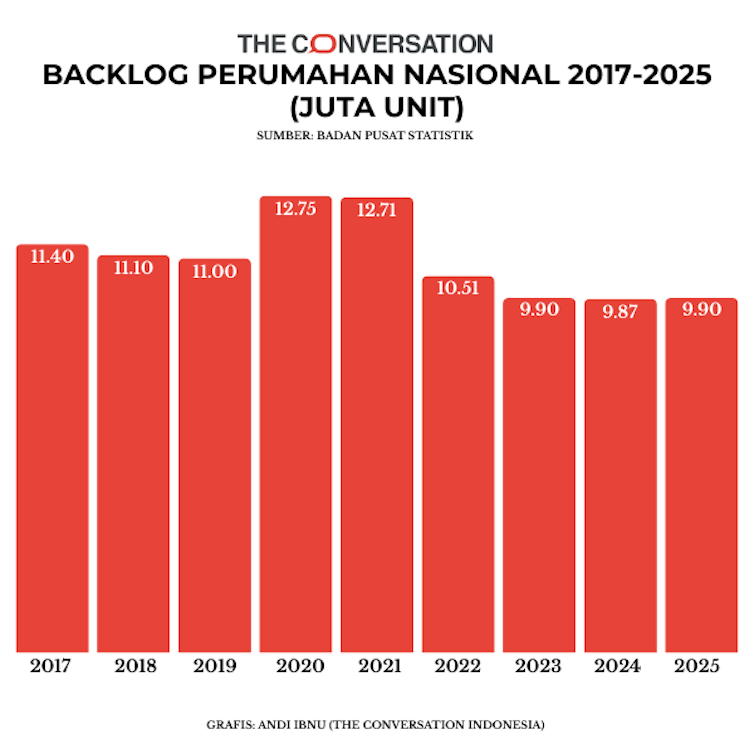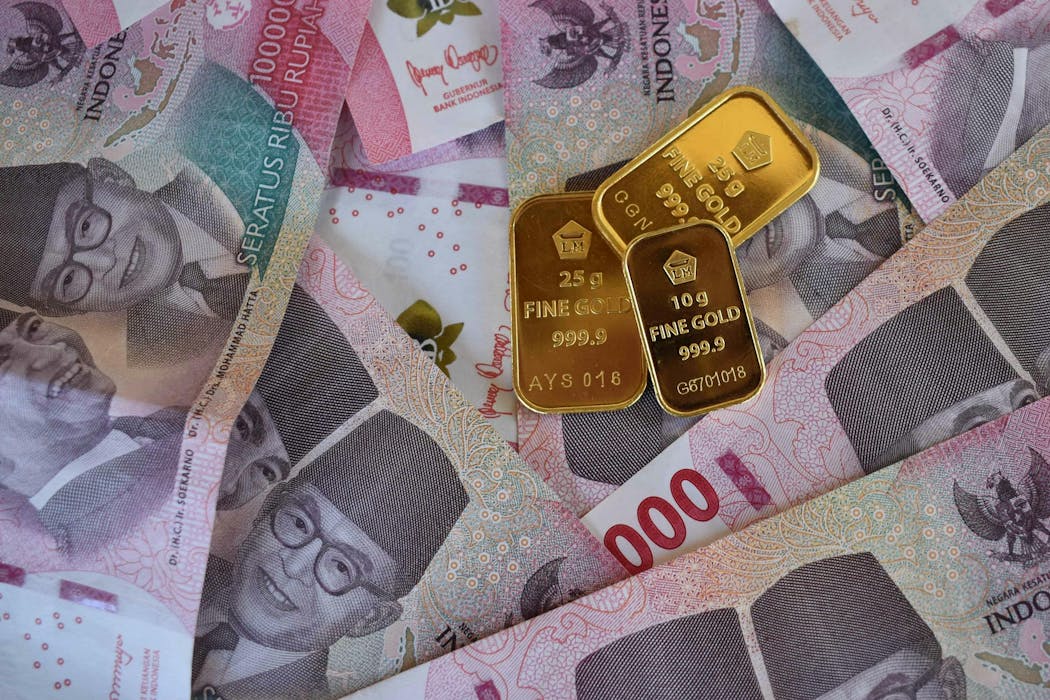Four in ten Asian executives say being openly LGBT would hinder one’s career, according to new EIU research
- Written by The Economist Intelligence Unit
- Nearly half of respondents say enacting more LGBT-friendly workplace policies and practices presents a business opportunity
- Three in five respondents believe the business world has a fundamental imperative to drive change around LGBT diversity and inclusion
- Executives in China, India especially likely to rate recent progress for LGBT inclusion in their firms as high
HONG KONG SAR - Media OutReach[1] - 7 December 2020 - Asia is the new global battleground for lesbian, gay, bisexual and transgender (LGBT) rights. Our recent study, Pride and Prejudice: The next chapter of progress[2], sponsored by Manulife, Barclays and Nomura, captures the opinions of 359 full-time employees at companies across seven economies--China, Hong Kong, India, Indonesia, Japan, Singapore and Taiwan--via a survey. It reveals advances for LGBT inclusion in Asia's business community, despite a conservative "groupthink" mentality that remains widespread.
While companies in the West have played a vocal role in advancing LGBT rights over the past several years, companies in Asia stand at a crossroads. Whereas just over 60% of Indian respondents believe there has been substantial or major progress when it comes to diversity and inclusion for LGBT people in their firms, half of respondents from Indonesia, Hong Kong, and Japan believe no or little progress has been made. These contradictions call for a brighter spotlight on how Asian companies can foster LGBT acceptance, given the concerns around disclosing one's sexual orientation/gender identity in the workplace.

Asia's two dominant powers, India and China, have positioned themselves as regional leaders on LGBT acceptance in many questions in our study. As their geopolitical influence grows, their corporate views are becoming more aligned with that of their employees, a young, dynamic cohort for whom promoting LGBT rights is more a priority than for their seniors. As China and India move towards embracing LGBT diversity and inclusion, they shape a trend to be followed by the rest of Asia.
References
- ^ Media OutReach (www.media-outreach.com)
- ^ Pride and Prejudice: The next chapter of progress (perspectives.eiu.com)
- ^ here (perspectives.eiu.com)
Authors: The Economist Intelligence Unit
Read more https://www.media-outreach.com/release.php/View/57226#Contact





